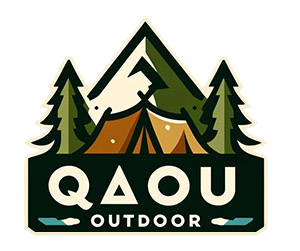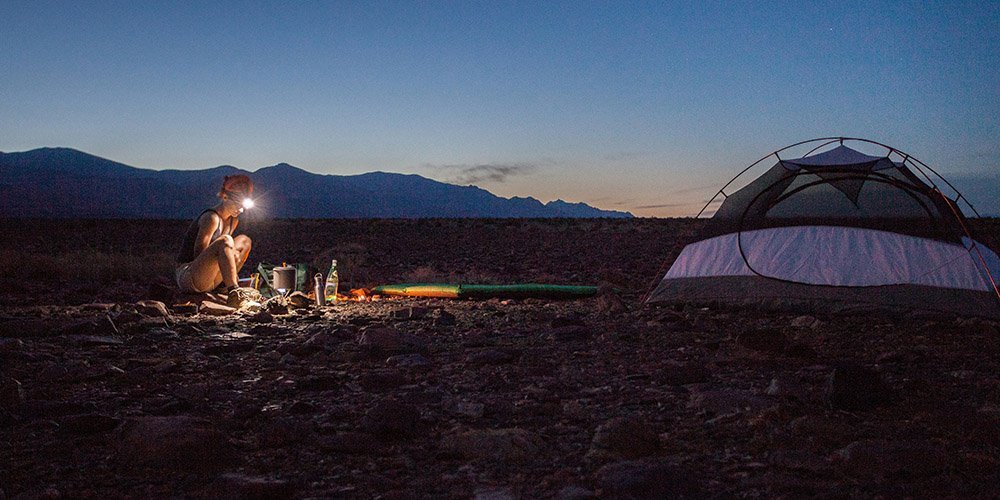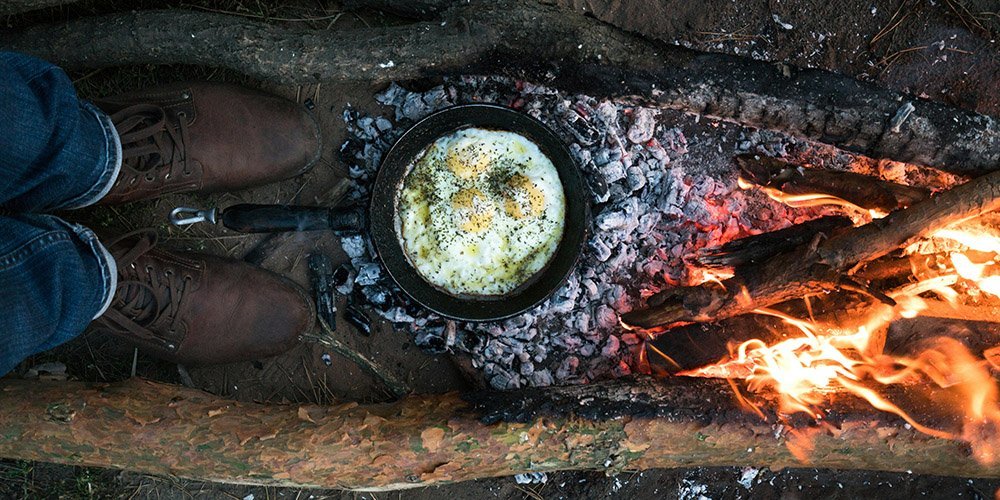The 25 Most Forgotten Camping Items That Can Ruin Your Trip (And How to Never Forget Them Again)
We’ve all been there—driving deep into the wilderness, excited for a weekend of adventure, only to realize you’ve forgotten something crucial. Whether it’s a missing flashlight or a crucial tent stake, forgetting essential camping items can turn your dream trip into a logistical nightmare. But don’t worry—this guide will cover the 25 most commonly forgotten camping items, ensuring you’re fully prepared for your next outdoor adventure.
Campsite Essentials
- Tent Stakes and Rainfly
You might pack your tent, but stakes and a rainfly are often left behind. These small items are essential to keep your tent stable and dry, especially in unpredictable weather conditions. - Mallet or Hammer
Pushing stakes into hard ground with your hands? Not a good idea. A mallet or hammer makes setting up camp easier and ensures your tent stays up through wind and rain. - Ground Cover/Tarp
A tarp can act as a waterproof layer beneath your tent to keep the ground dry, adding extra insulation and comfort. Don’t underestimate its importance, especially in damp environments. - Extra Shoes and Socks
Wet feet can ruin a camping trip fast. Bring extra shoes and socks to stay comfortable. Consider packing lightweight camp shoes or sandals to wear around the campsite, keeping your hiking shoes dry. - Camp Chairs and Tables
After a long day hiking, you’ll want somewhere comfortable to sit and eat. Camp chairs and folding tables are often left behind but can make a world of difference in your comfort levels.
- First-Aid Kit
Accidents happen. Be sure to bring a customized first-aid kit tailored to your needs, whether it’s treating blisters, cuts, or more serious injuries. Include bandages, antiseptic wipes, tweezers, and any essential medications. - Matches/Lighter and Fire Starter
A fire is crucial for warmth, cooking, and even emergency signals. Pack waterproof matches, a lighter, and a reliable fire starter like a ferro rod to ensure you’re always able to get a fire going. - Navigation Tools
Relying on your phone’s GPS in the backcountry is risky. Bring a compass, a detailed map, and a GPS device. Learning how to use these tools before your trip can save you from getting lost in unfamiliar terrain.
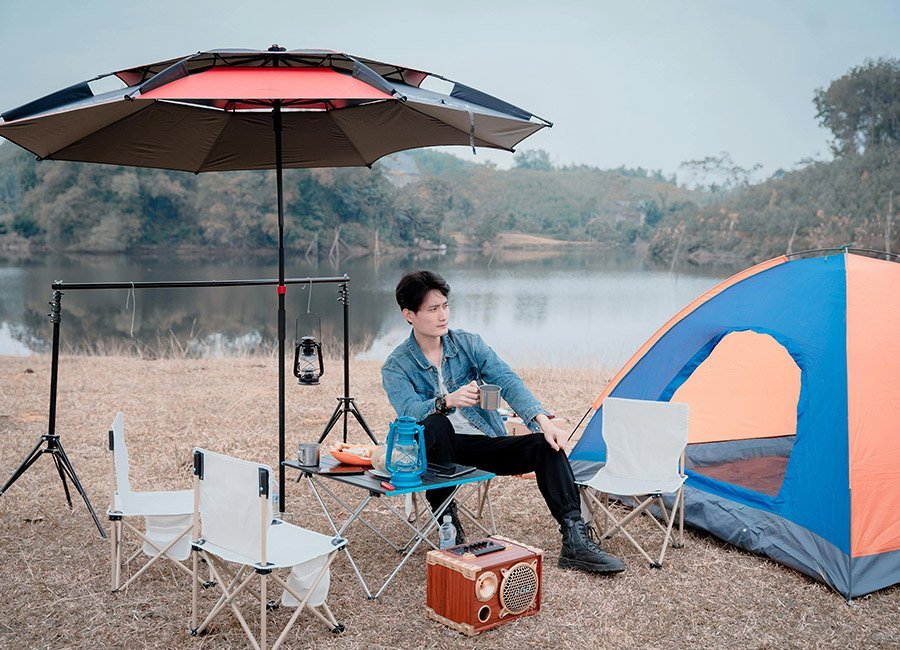
Cooking and Food Preparation
- Camp Stove and Fuel
Don’t assume you’ll find firewood or that campfires will be allowed. A reliable camp stove ensures you can cook hot meals and boil water for drinking or cleaning. Don’t forget the fuel! - Cutting Board and Utensils
Prepping meals in the wild? A cutting board and kitchen utensils like spatulas, tongs, and knives are essential for cooking, yet are often forgotten. - Food Storage and Cooler
Proper food storage is essential to prevent spoilage and keep wildlife away. Whether you’re using a bear-proof container or a basic cooler, don’t forget extra ice packs to keep things cool.
Comfort and Convenience
- Pillow
You packed your sleeping bag, but did you bring a pillow? A good pillow makes all the difference for a restful night’s sleep. Don’t rely on a rolled-up jacket—it’s never quite the same. - Bug Spray and Sunscreen
Mosquitoes and sunburns are common camping nuisances. Bring bug spray and sunscreen to protect yourself from these environmental hazards. Nothing spoils a trip faster than a swarm of mosquitoes or painful sunburn. - Wet Wipes and Toilet Paper
Personal hygiene doesn’t take a break just because you’re in the wilderness. Wet wipes are perfect for quick clean-ups, and packing toilet paper is essential—just don’t assume the campground will have any. - Trash Bags
Don’t leave a mess behind. Heavy-duty trash bags are essential for packing out trash and keeping your campsite clean. They can also serve double duty as makeshift rain protection for gear in a pinch.
Personal Care and Miscellaneous Items
- Prescription Medications and Hygiene Products
Even if you’re only going for a few days, never forget prescription medications and hygiene products. This includes basic toiletries, feminine hygiene products, and even travel-sized hand sanitizer. - Extra Layers of Clothing
Weather can change unexpectedly in the wilderness. Bring extra layers to stay warm in case temperatures drop, especially at night. A lightweight rain jacket or a thermal fleece can be lifesavers. - Portable Power Bank
In the digital age, we rely on our phones for navigation, photos, and even entertainment. A portable power bank will keep your devices charged, especially if you’re using your phone as your main camera or GPS. - Duct Tape
Duct tape is a multi-purpose tool for quick fixes—whether it’s a torn tent or a leaky water bottle. Always pack some for emergency repairs. - Whistle for Emergencies
In case of emergency, a loud whistle can help rescuers locate you. It’s a simple but effective tool for safety, especially when camping in remote areas.
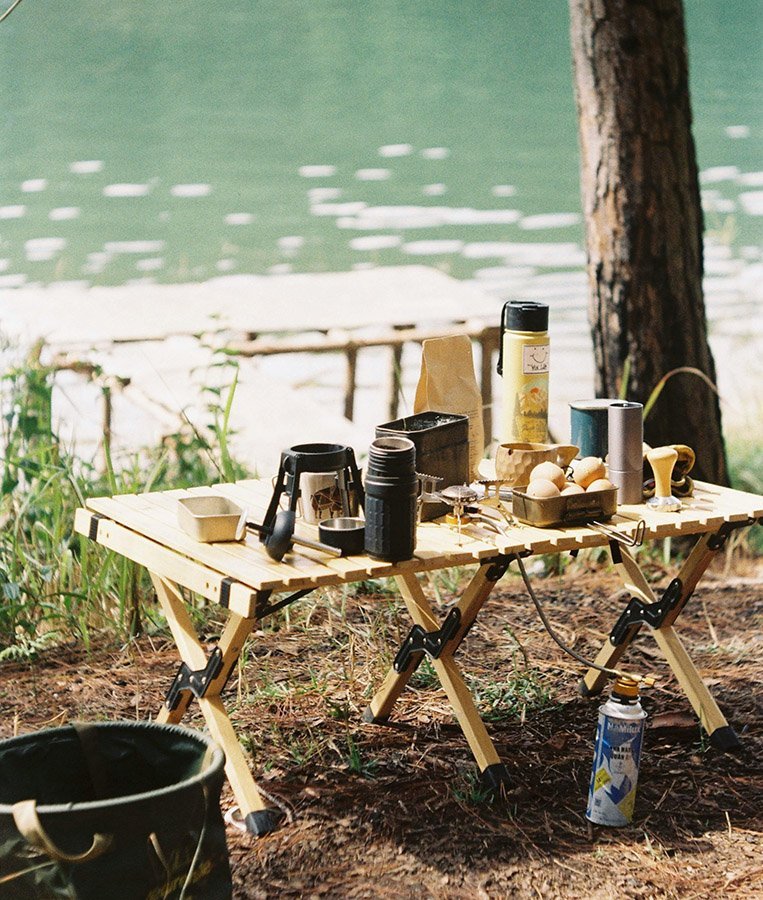
Additional Camping Essentials
- Portable Camp Shower
A solar-powered camp shower is a luxury that can make all the difference, especially on longer trips. Fill it with water, leave it in the sun to heat up, and you’ll have a warm shower after a long day of adventure. - Headlamp
Hands-free lighting is essential for nighttime navigation around the campsite. A headlamp ensures you can cook, read, or set up gear in the dark, without juggling a flashlight. - Water Purification System
Always bring a reliable way to purify water, especially if you’re camping in remote areas. This could be a water filter, purification tablets, or a portable purifier. - Clothesline and Pegs
For drying clothes, towels, or gear, a clothesline can be a lifesaver. It takes up minimal space in your pack but provides huge benefits when you need to dry wet items after a rain or a swim. - Camp Towels
Quick-drying, lightweight microfiber towels are easy to pack and perfect for drying off after a swim or cleaning up spills.
Bonus Tips: How to Never Forget Again
- Create a Checklist: Whether it’s on paper or a mobile app, a checklist ensures you pack everything you need. Make categories like “Sleeping,” “Cooking,” and “Safety” to organize your packing.
- Pack in Advance: Avoid last-minute packing by preparing your gear a few days before the trip. This allows time to double-check items and make sure nothing is missing.
- Use a Dedicated Bin System: Invest in stackable bins to separate and organize your camping gear. Label each bin by category (e.g., “Cooking Gear,” “Safety Equipment”) for easy access and packing.
Conclusion
Camping is all about enjoying the great outdoors, but being underprepared can quickly turn an adventure into a headache. By packing these 25 most forgotten camping items and following our simple tips for organization, you’ll ensure your trip goes off without a hitch. Remember, the key to a successful camping trip is preparation—don’t let something small be the reason your trip gets cut short!
Now, pack up, head out, and enjoy your adventure with confidence knowing you haven’t left anything important behind!
